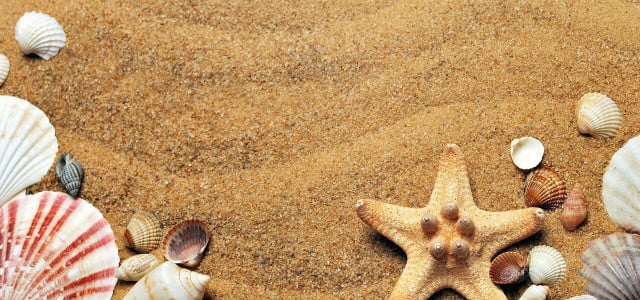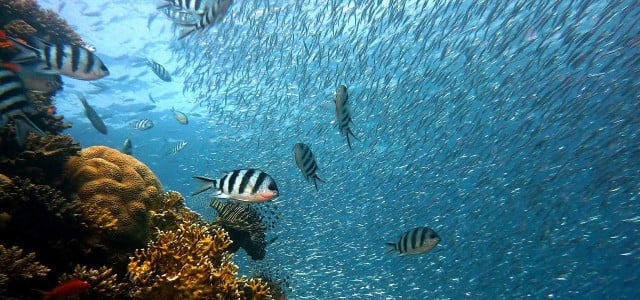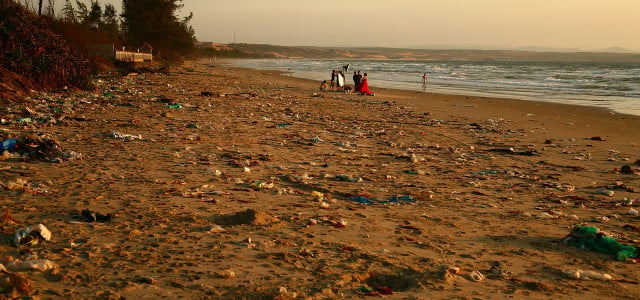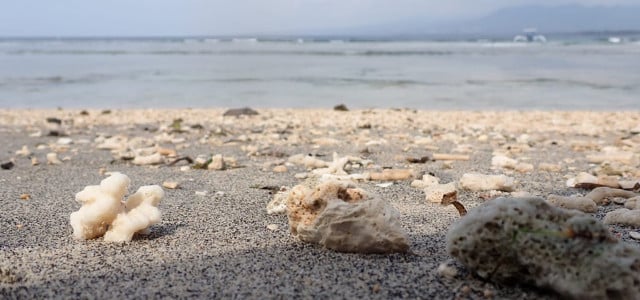Shell collecting is a popular vacation pastime with surprising consequences. Here's how shell collecting damages the environment (and some greener alternatives!)
Strolling along the seashore and collecting shells is a favorite vacation activity for many people. Bringing home beautiful and interesting shells as souvenirs can give you pleasant memories later on. However, collecting shells can damage marine life and coastal ecosystems.
Most shells come from soft-bodied mollusks like snails, clams and oysters. There are over 50,000 mollusk species in the world. Shells provide homes for these creatures and hiding spots for fish to evade predators. Marine mollusk populations have declined in recent years due to global warming and increased pollution, which has caused ocean temperatures to rise and waters to become more acidic. One 2021 study conducted on beaches in Israel has found that the populations of native marine mollusks have declined by 90 percent due to rising sea temperatures. Keep reading to find out why collecting shells damages the environment.
How Does Shell Collecting Damage the Environment?
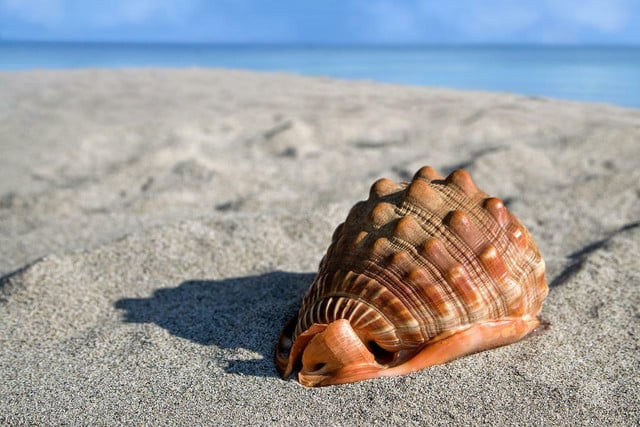


(Foto: CC0 / Pixabay / Camera-man)
Shells have an essential role in coastal ecosystems that many beachgoers overlook. A 2014 study by the Universities of Florida and Barcelona analyzed the local and global consequences of shell collecting to tourism on Llarga Beach in north-eastern Spain over 30 years. The researchers found that removing shells from beaches puts sea creatures who rely on those shells for homes in danger from predators. They also discovered that while the number of sea shells on beaches decreased by 60 percent over the 30 years, tourism increased by 30 percent. This demonstrates how human behavior likely impacts sea shell numbers and damages coastal ecosystems.
So, it sure looks like excess shell collecting can be a consequence of over-tourism. More tourists in an area mean more boats and more beach maintenance and litter, all affecting the natural shoreline. Shells also stabilize the sand by providing an attachment surface for seagrass and act as nesting material for shore birds. Removing shells from a beach alters the physical characteristics of its sediment, disturbing the natural environment and leading to shore erosion.
Currently, there are no strict laws in the US regulating the number of shells beachgoers can collect. In Florida, however, some laws prohibit people from collecting shells with living organisms inside — as well as sand dollars, starfish and sea urchins. In 2018, a woman was jailed for collecting sea shells on a Florida beach. Some countries have stricter laws regarding shell collecting. In Costa Rica, for example, the Law of Conservation of Wildlife allows only people with permits to collect shells. Other countries, like the Philippines, prohibit the collection of specific shells.
Greener Alternatives
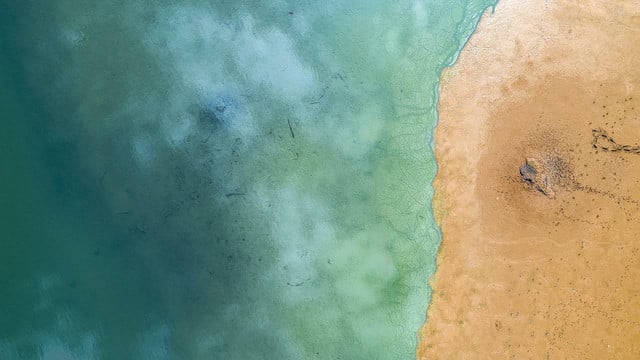


(Foto: CC0 / Pixabay / michasager)
If you want to collect shells, there are some things you can do to lessen your environmental impact. They include:
- Not buying sea shells from stores. The shells you see sold in stores are in great condition — that’s because they were harvested when the animal was still alive. A 2015 study shows the damaging effects of harvesting shells, including poachers massively disrupting marine ecosystems by leaving entire sections of the ocean floor empty.
- Never taking shells with living organisms inside. Although it’s kindest to the environment to avoid shell collecting altogether, if you want to, it’s important to not disturb ones with living organisms inside.
The good news is that there are more environmentally friendly souvenir ideas that won’t harm the environment. Here are some ideas:
- Take photos. Taking photos of shells you find on the beach instead of collecting them is the most eco-friendly way to keep a souvenir from your holiday. You can print and frame the pictures or get creative and paint them.
- Buy postcards. Buying a postcard is an excellent way to remember your vacation without harming local wildlife.
- Buy local food. Taking home food from a local market is another eco-friendly way to take a piece of your vacation home with you. Be sure to buy items packaged in glass or cardboard instead of plastic.
- Buy local art. Support local businesses by buying artwork like ceramics, textiles, eco-friendly and sustainable jewelry or clothing.
Read more:
- Staycation Ideas: 6 Ways to Enjoy a Relaxing Vacation at Home
- 5 Animal Attractions You Should Skip This Vacation
- 11 Tips for an Amazing Backyard Camping Experience
Do you like this post?






